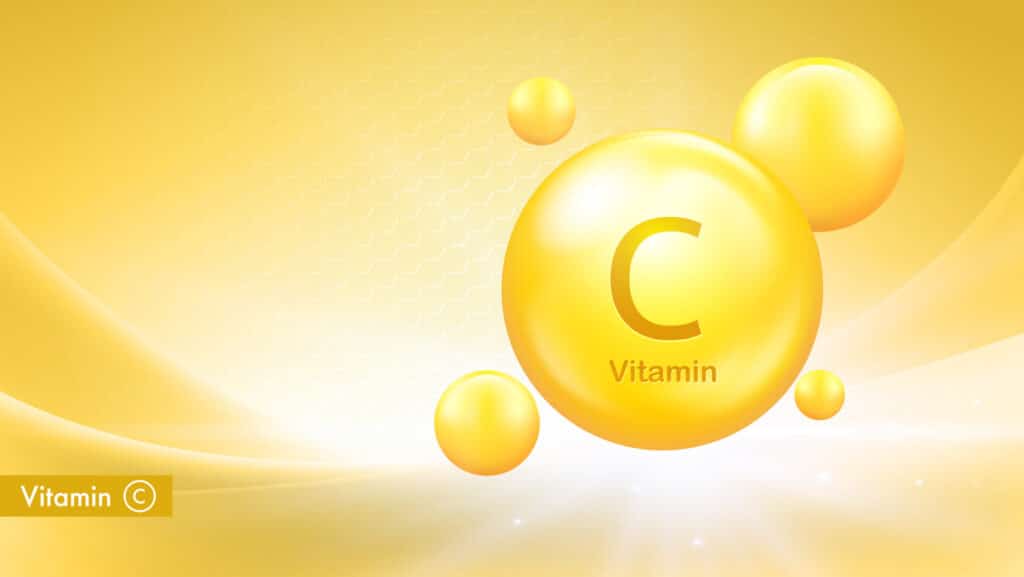There are so many kinds of vitamin C that I often get asked which one I prefer or what’s the difference between one type of vitamin C and another. Today, we delve into the differences between two seemingly similar products.
Both products are related to vitamin C, but they differ in their nature and source. Here are the primary distinctions:
Nature:
- Acerola: Also known as Barbados cherry or West Indian cherry, acerola is a fruit. It’s naturally very rich in vitamin C, as well as other vitamins, minerals, and antioxidants.
- Ascorbic Acid: Ascorbic acid is the chemical name for pure vitamin C. It’s a white or slightly yellow crystalline compound that is water-soluble.
Source:
- Acerola: It’s a natural fruit that mainly grows in tropical and subtropical regions. Acerola dietary supplements are often marketed as a natural source of vitamin C.
- Ascorbic Acid: While vitamin C is naturally found in various fruits and vegetables, the ascorbic acid used in dietary supplements and food products is often synthetically produced in labs.

Usage:
- Acerola 1000: When you see “Acerola 1000,” it typically indicates that the supplement contains the equivalent of 1000 mg of vitamin C derived from acerola. It’s a natural source and is often preferred by those seeking less processed or more organic sources of vitamin C.
- Ascorbic Acid: It is commonly used as a dietary supplement and as an additive in the food industry due to its antioxidant properties.
Other Components:
- Acerola: In addition to vitamin C, Acérola contains other beneficial nutrients like vitamin A, calcium, and certain antioxidants.
- Ascorbic Acid: It’s an isolated form of vitamin C without any associated nutrients.
In conclusion, while acerola is a natural source of vitamin C from a fruit, ascorbic acid is the pure chemical form of vitamin C that can be produced synthetically.
Check this Vit C super loaded veggie!
Valerie Orsoni
Your LeBootCamp Weight Loss & Wellness Coach
Creator of sustainable athleisure brand, LiliWarrior
















Leave a Reply